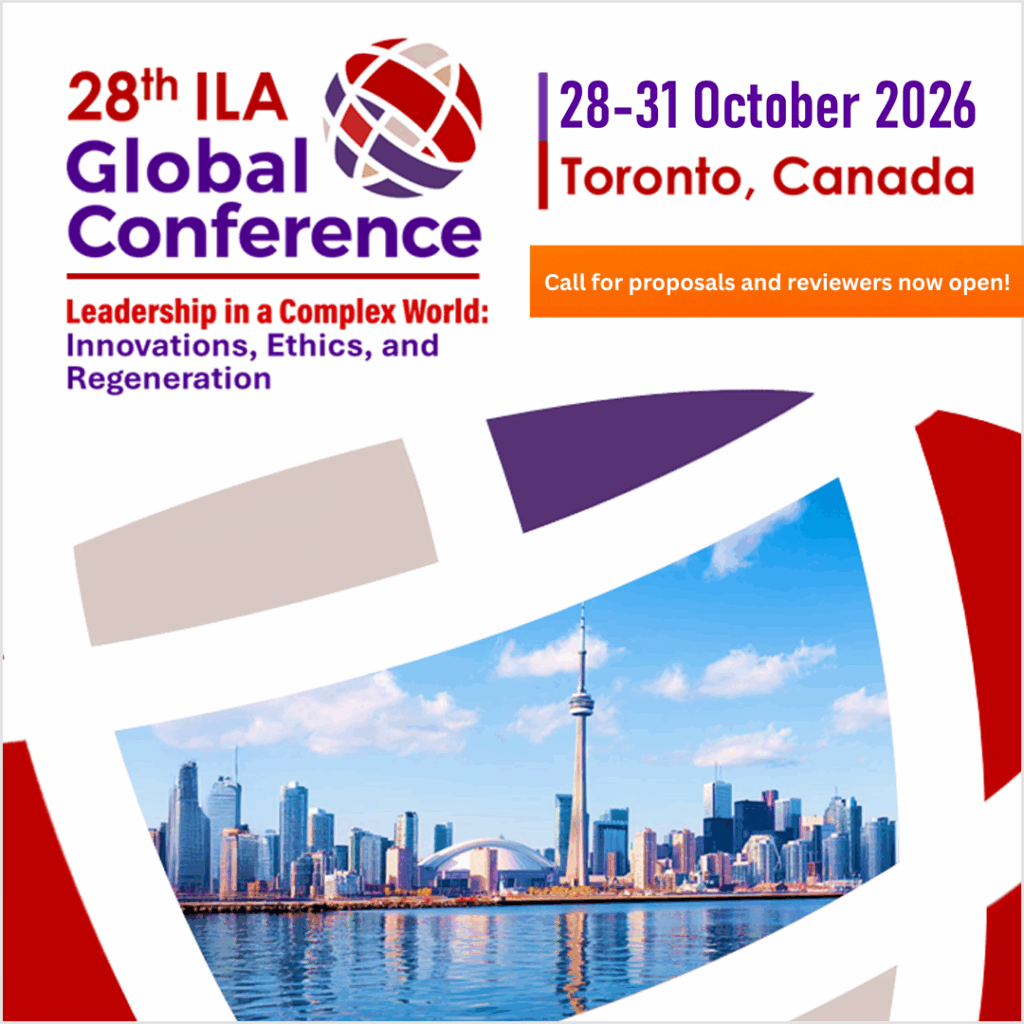
by Erwin Schwella
9 October 2020
Share this article:
On academic relevance and relevant academics
Sir Austin Bradford Hill (1897 – 1991), an English epidemiologist and statistician, demonstrated the connection between cigarette smoking and lung cancer. Hill pioneered clinical trials to determine the effectiveness of medical treatment through randomized treatment allocation and blinded outcome assessment.
This resulted in evidence-based medicine, postulating that, while theory and fundamental research are essential, these academic efforts nevertheless provide an insufficient basis for the application of scientific knowledge. Such application also requires applied research in relevant settings.
Hill formulated these four questions on relevance for discoverers and users of academic outputs.
Why did you start?
What did you do?
What answer did you get?
And what does it mean anyway?
What does it mean anyway? is the relevance question.
This question will become significantly more relevant in academic debates on academic action, scientific rigour, and social impact in post COVID-19. Wicked problems will increase exponentially in nature, scope, and impact. At the same time, resources to deal with these increasing and more complex wicked problems academically and practically will diminish dramatically.
The pragmatic answer is that both scientific rigour and social impact are necessary in the continued quest for academic relevance.
On wicked problem contextual challenges
Post-COVID-19, the unholy trinity of wicked problems – inequality, poverty. and unemployment – will spread like a global virus. Myriads of related deeper problems will spawn from this trinity, driven by contemporaneous contextual challenges.
The Global Risks Report 2019 refers to these contextual challenges as a global-wide presence of worrying geopolitical and geo-economic tensions, which if unresolved, “…will hinder the world’s ability to deal with a growing range of collective challenges, from the mounting evidence of environmental degradation to the increasing disruptions of the Fourth Industrial Revolution.”
This was written pre-COVID-19.
COVID-19 makes these assessments significantly more complex and will result in adding more, and potentially more destructive, wicked problems to The Global Risks Report 2020.
The current reality is that the future is not what it used to be.
This significantly and profoundly impacts the academic, professional, and practical question for academic practices: And what does it mean anyway? COVID-19 will remain and be an ever increasing wicked academic and policy problem well into the future and will affect the continuing quest for academic relevance.
The other three questions also become more relevant for academic practice and practicing academics: Why did you start? What did you do? What answer did you get?
For current purposes, it is argued that multiplying, broadening, and deepening post- COVID-19 wicked societal problems necessitates innovative insights and actions into these three academic focus areas:
- social innovation
- engaged scholarship
- learning leadership
These focus areas require trans-disciplinary and inter-sectoral academic, professional, and practical analyses and applications in terms of theory, method, and practice.
Together they represent a potential kick-start of the quest for pracacademic relevance and relevant pracacademics both during and post-COVID-19.
By consistently and consciously asking these questions, we can co-create relevant solutions to wicked problems in trans-disciplinary and intersectoral knowledge partnerships.
On social innovation, engaged scholarship, and learning leadership
Social Innovation according to the Stanford Graduate School of Business, “is the process of developing and deploying effective solutions to challenging and often systemic social and environmental issues in support of social progress. Social innovation is not the prerogative or privilege of any organizational form or legal structure. Solutions often require the active collaboration of constituents across government, business, and the non-profit world.”
Engaged scholarship is the co-creation and application of knowledge in relationships that increases the capacity to address the issues of all partners. Engaged scholarship is participatory and values collaborative community partners. It benefits the participating community partners from all sectors in ways that are identified by them as being significant and effective. Engaged scholarship furthers the scholarship of the pracademics involved in ways that are recognized as having academic impact and community impact. (Recognition: Indiana University-Purdue University)
Learning leadership is relevant when good leadership requires facilitating prototype solutions to complex adaptive wicked societal problems. Good leadership, for this purpose, is leadership without easy answers. Good leadership, as effective and ethical leadership, can and should benefit from many influences and inputs.
Learning leadership requires evidence-based influences, inputs, such as evidence, information, knowledge, and informed partnerships to enhance co-creative participation. This contributes to the quality and legitimacy of leadership analysis and action.
Learning leadership facilitates learning that builds individual competencies and institutional capacity towards resilient, agile, and sustainable prototype solutions. Instead of having “strong” leaders falsely pretend to have easy answers, learning leadership relies on learning experimentation rather than direct action to address dilemmatic challenges.
Learning leadership facilitates a process to find answers to the following learning leadership questions:
- What happened? Answers to this question result in systematic and descriptive qualitative and quantitative assessments of performance trends based on empirical evidence.
- Why did this happen? Answers to this question result in a diagnostic analysis based upon provisional explanations of actions and the probable impact of these actions related to increasing or decreasing performance.
- What can I/we learn from this? Answers to this question uncover lessons towards improved individual learning-based competencies contributing to personal mastery, team learning, and systems thinking which challenge current mental models through individual empowerment and team learning.
- How can the learning be used and built back into the system to improve the quality and performance of the system? Answers to this question result in enhanced prognostic institutional capacity building towards continuous performance improvement.
Social innovation, engaged scholarship and learning leadership provisionally meet the requirement for being “pracademically” relevant as they explicitly address the questions: Why did you start? What did you do? What answer did you get? And what does it mean anyway? By consistently and consciously asking these questions, we can co-create relevant solutions to wicked problems in trans-disciplinary and intersectoral knowledge partnerships.

Erwin Schwella grew up in South Africa during apartheid. He obtained a PhD in Public Governance from Stellenbosch University and became an academic there in 1981. Realizing the real consequences of apartheid, he became an academic and activist critic. During democratization he served to shape new South African governance institutions. Since taking emeritus status from Stellenbosch he serves as Dean: School of Social innovation at Hugenote Kollege in South Africa. Erwin served as the Chair of the ILA Public Leadership Member Interest Group.

